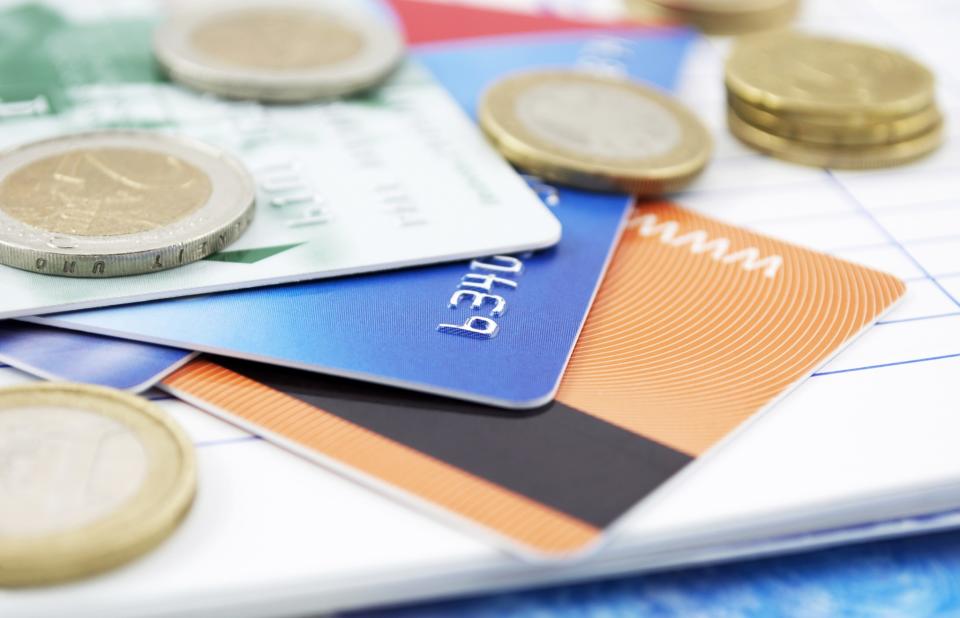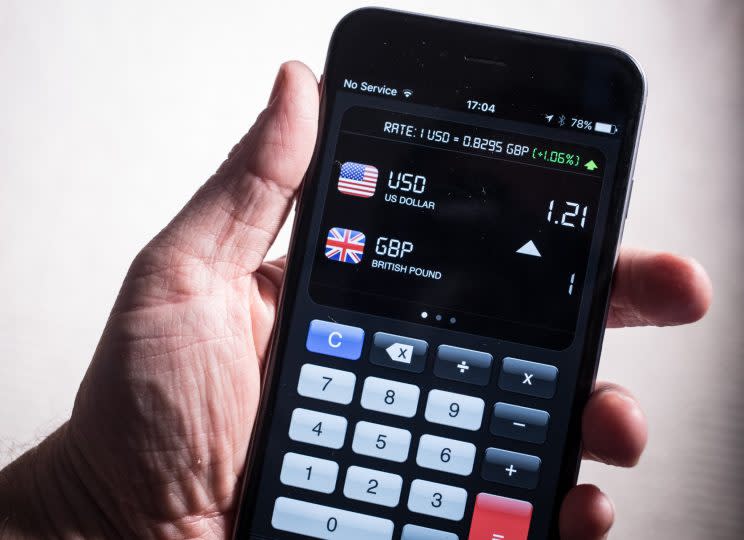Pre-paid card, debit or credit? These are the best ways to spend your cash overseas

After seven weeks of political campaigning that delivered no winners, Britons could be forgiven for dreading another period of draining infighting and name calling.
However, the very real cost of the impasse created by the general election result is being felt in households up and down the country.
And one area that has really been hit is the value of the pound against major currencies such as the euro and the dollar.
Your humble £1 buys much less today than it did a year ago: today British holidaymakers will get about $1.25 for their £1, down from about $1.47 at the time of the referendum, and about €1.11, down from €1.30.

Much of travellers’ focus will be on getting the best bang for their buck; so should you take cash, bounce your holiday spending off credit cards or use a pre-paid card?
Prepaid cards:
According to Travelsupermarket.com, there are good and bad points to these.
On the plus side:
It’s safer – you don’t have to carry large amounts of cash on you, or deal with travellers’ cheques
You avoid the often-hefty fees that can result from using your debit or credit card abroad
By loading your card in advance you can often take advantage of better exchange rates
There are usually no transaction fees (but check with your provider)
They are widely accepted overseas
You cannot run up a debt
If your card is lost or stolen you can have it blocked immediately and get a replacement card with any unused funds transferred for free or a fee
Some companies allow you and your family/friends to link cards together to share money among the whole group
It’s easier to stick to a budget if you have a pre-determined amount of currency on your card
Some offer cashback on your spending
Cons:
If you decide to top up too late, you may not get a better deal than you would by exchanging currency in the normal way, and you may find a better exchange rate regardless
If you use a card issued in one currency in a country that uses a different currency, you may be charged further fees
Most cards charge a fee to withdraw funds from ATMs
Small-print charges can often wipe out any savings you’re expecting – inspect them carefully
You cannot use a prepaid currency card to pay a deposit, as it will block those funds on the card
Prepaid currency cards are not protected by the Financial Services Compensation Scheme, which can compensate customers if a firm has stopped trading or does not have enough assets to pay claims made against it

What the experts say:
Hannah Maundrell, editor in chief at comparison site money.co.uk said that while the political situation is in a state of flux, there have been no legislative changes yet.
“There’s a great deal of volatility at the moment so trying to predict what will happen to exchange rates is almost impossible,” she says.
“You never know which way currency will go, so if you have a holiday booked keep checking the exchange rate and change when you’re happy.”
MORE: Energise your assets: how to reduce your holiday home’s maintenance costs
Hannah says comparing deals in advance is advisable, and that you can pre-order cash in advance and cancel if you do not need it.
However, she adds: “If you’re worried then a way to hedge your bets is to get a prepaid travel card that lets you lock in a pre-set rate when you load your card; the downside is you could lose out if the value of the pound increases before you go away.
“An alternative is a credit card that gives you real-time exchange rates abroad and doesn’t charge fees.”
Which are the best cards?
Top up a prepaid card to lock in your rate now. Choose your card and read the T&Cs carefully as some apply hefty fees. WeSwap, FairFX and Caxton FX are all worth checking out, says money.co.uk.
It offers a guide to pre-paid cards and also one on comparing credit cards to use abroad.
Personal finance guru Martin Lewis, founder of MoneySavingExpert.com, urges travellers to get a specialist overseas credit card such as Halifax Clarity or the Creation Everyday. He also highlights a top pre-paid card like Revolut or Monzo.
If you want to buy currency there are ways to do it, such as both Travelex and Moneycorp allow you to pre-order currency at no charge for pick up within 14 days.
“There’s a great deal of volatility at the moment so trying to predict what will happen to exchange rates is almost impossible.”
MORE: Going abroad? Here’s how to combat the election’s impact on your travel money
Comparison site uSwitch urges holidaymakers to read the small print, no matter which method of card payment they choose.
All regular credit cards and prepaid cards offer various benefits and have various drawbacks, so it is important to read all the small print to check for loading fees, withdrawal fees, exchange fees, monthly or annual fees and non-usage fees.
What about the alternatives?
Various foreign exchange outlets offer rates trackers, such as Travelex and Moneycorp, to enable you to cash in when the rate is best for you. Many experts encourage travellers to use a combination of credit cards, pre-paid cards and cash. All seem to agree you should not get your holiday currency at the airport.

 Yahoo Finance
Yahoo Finance 
